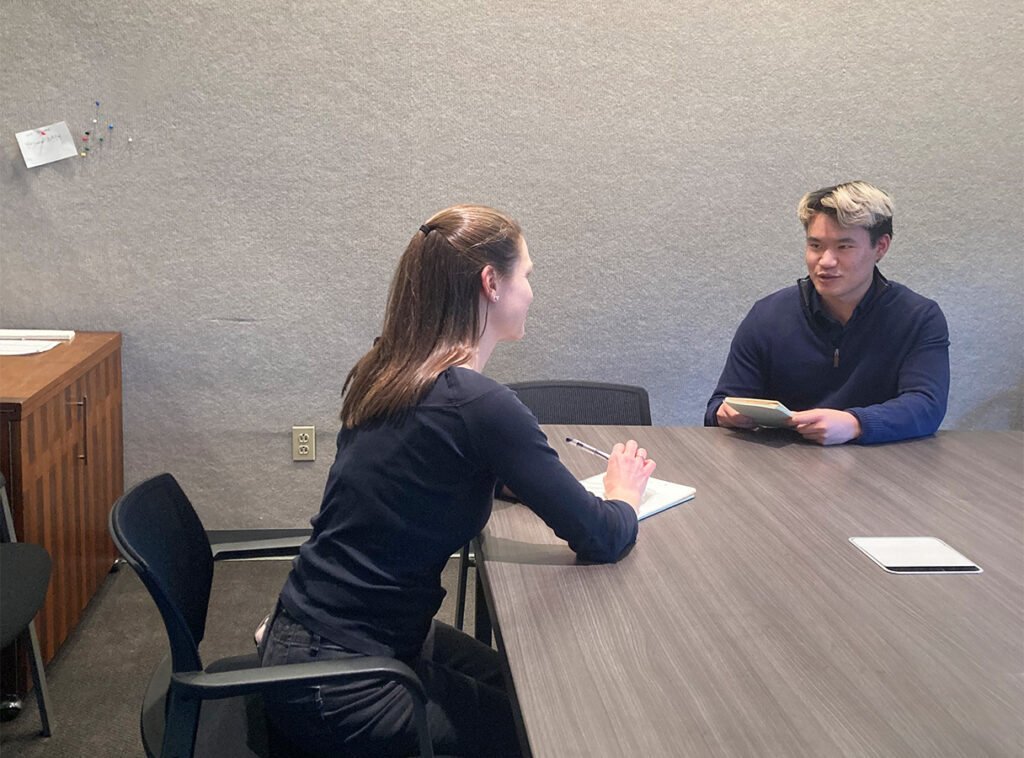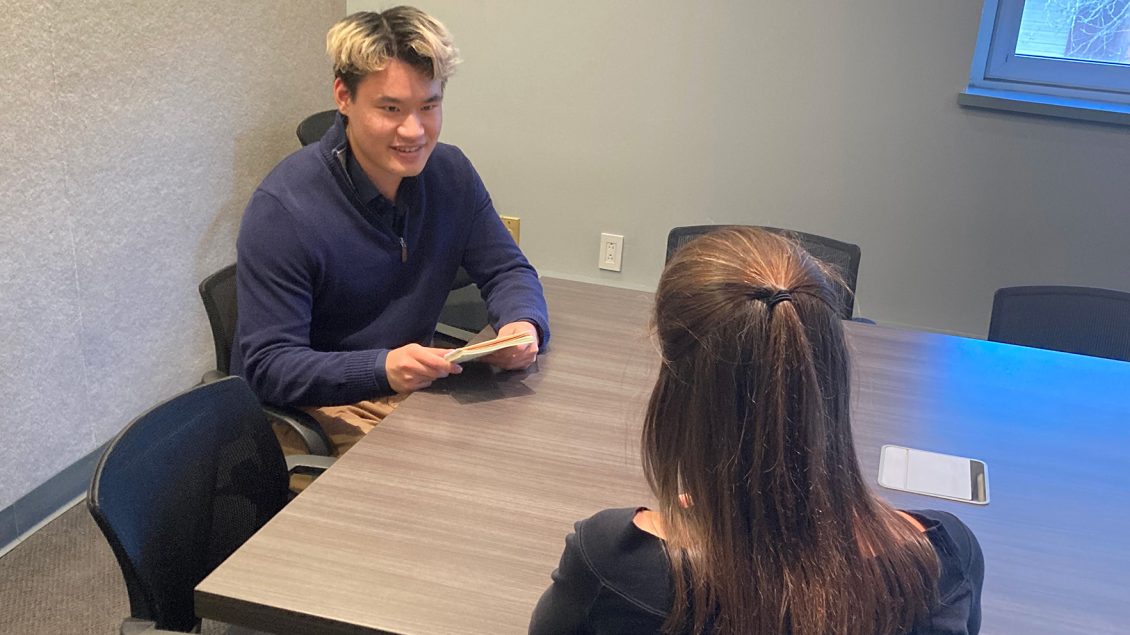I’ve been interviewing prospective employees for many years — both entry level job seekers as well as more experienced candidates. Often it’s fun; sometimes uncomfortable. When both interviewer and interviewee are prepared and share the same goals, it can (and should) be a meaningful experience for both regardless of whether a match is made.
Regardless of preparation, each party has their own set of goals and motivations. The candidate can be auditioning for a role, or the business can be auditioning for the candidate — it depends on need and desire. Does the candidate desire this job, any job, or are they just testing the market? Does the firm desire to hire this candidate in particular, or are they interviewing many for the best fit?

Interviewing has changed over the years. I’ve found that many universities are doing a better job of preparing new graduates for the recruiting process than was the case in the past. They offer interview and resume prep sessions, career fairs, and mentoring. Student resumes are more professional and help generate interest. Students are better prepared for interviews, ask relevant questions, and are prepared with follow-up questions. For all students reading this, I urge you to take advantage of these offerings.
Things get a bit more complicated when interviewing for more senior roles. Vetting real versus claimed experience is tricky. Do they really have this experience or are they padding their resume? Do they really want a change or are they trying to leverage salary negotiations with their current employer? Does their experience transfer to the necessary skills for this position? Does their personality and core values fit the firm and position? I wish I had a magic solution but is hard to know whether a candidate will work out until they either do or don’t. References, when available, are key.
That said, I have some tips for candidates’ future interviews based on my actual experiences:
Things not to say in a job interview:
- “I’m really pressed for time.” (What else is more important to you right now?)
- “I’d like to try that.” (I don’t want you to “try” your job; I want you to learn and give 100%.)
- “What is your role here?” (Do your homework! Your interviewer is your future boss!)
- “I’m not really interested in this job, I just wanted to meet with you and discuss how our companies could collaborate in the future.” (A completely disingenuous move.)
- “To be honest with you I’m not interested in what you do” – Candidate
“I’m not a salesperson, all the best to you”- Interviewer (Wow…)
Things not to do during a job interview:
- Use the camera in your laptop while laptop is on your lap. (I know it is a “laptop” computer, but your interviewer having to look up your nose while you jiggle around is not pleasant.)
- Check your phone for messages or answer phone calls. (If this isn’t a priority for you then you are wasting the interviewer’s time.)
- Ask no questions about your role or the company. (We want to know you are interested and motivated to succeed!)
- Ask what the company does. (Really?!)
- Be unable to explain a significant experience timeline gap. (Not all gaps are bad; you just need to be able to explain them.)
- Be in a public place with music and distracting conversations in the background. (Are we your lunch date? Again, this shows lack of interest.)
- Note that within 5 years you want to start your own business. (Do you think your employer wants to train their future competitors?)
- Join the virtual meeting session 5 minutes late from a hallway at school. (Ah, the distractions.)
- Tell your interviewer they are bringing up bad memories from a prior internship. (Good grief!)
Things not to wear to a job interview:
- Hawaiian shirt and sneakers
- Revealing clothing
- A baseball cap
It isn’t always necessary to wear a business suit, especially for a new graduate. If you have a suit that fits and looks good, wear it. If you don’t, don’t. Wearing something that clearly does not fit well is not a plus. A smart business casual outfit is fine.
Last, but definitely not least:
When you get back to your desk, always send a thank you email to the interviewer!
* * *
Yes, all these things have happened during our interviews with candidates. Some are silly, some are uncomfortable, and some are downright rude. Remember that your potential employer is taking time from their schedule to meet with you. Isn’t your professional future worth the time to be prepared?
Lastly, it may be cliché, but it really is a small world. I still run into people I interviewed with before my college graduation. People in your field will network. You will cross paths again. Make good memories.
13 Essential Tips for a Completing a Successful Interview
57 Smart Questions to Ask in a Job Interview in 2023



